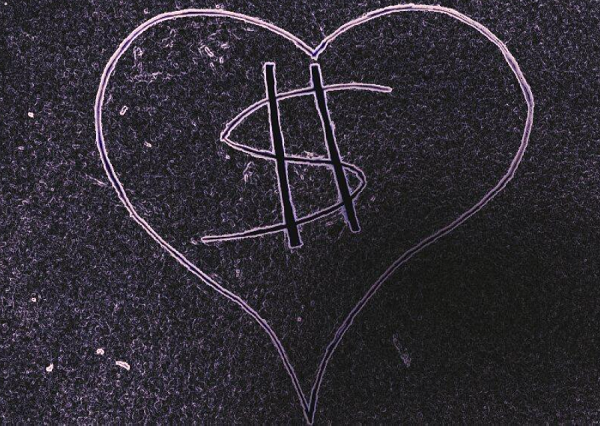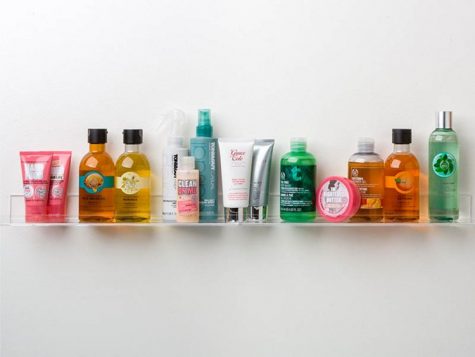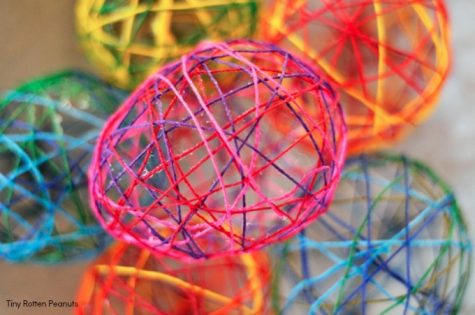Love and Money Advice

Ever had that burning question you wanted to be answered without fear of judgement?
LOVE
How do you know if you’re compatible or if there’s chemistry between you and your significant other?
Compatibility and chemistry are two terms that are used when talking about love. One talks about a psychological connection, while the other speaks of a more physical connection. Chemistry is that spark you feel, it’s the reason why they linger in your thoughts; it’s why their touch makes you feel the way it does. It helps make the connection that makes you both compatible for one another. When one is compatible with another, everything tends to works out. It’s like the last piece to the puzzle. It literally means a state in which two things are able to exist together without problems or conflict. Compatibility is like being able to decide who gets the last slice of pizza and coming up with the idea to split it. Below is a list of some things that would help you know if these connections do exist.
Love is never questioned:
- You know you love them, they know they love you and vice versa. No doubt of anything is present, everything is secure and you both are almost always happy.
There are none, if few, secrets:
- You both are best friends. You know all there is to know about each other. Some couples know this part of their partner, some don’t.
You honestly feel they are perfect and don’t want to change them, but want to grow with them instead:
- You wouldn’t want to change one thing about them and you love them because they are truly themselves and nothing anyone says changes that.
You fight:
- If you both fight with one another, then it’s a good sign that you both feel the same way for one another. If you disagree with something, inform them about it. They will listen and explain themselves and if afterwards you still feel the same way, just remember that it’s only a disagreement and not the end of the world.
MONEY
How do I open a bank account?
Nowadays it’s good to do some research before signing up and committing to a bank. You want to make sure that the bank you choose has what’s best for you in mind. I personally use TD bank, due to their 24-hour customer service; where you talk to actual people instead of machines. They always help you out with any problems that your account may have. When you go from holding your cash to then having it in a bank for convenience, it becomes important to pay attention to the purchases you make. Keep a ledger if possible, or your receipts, and always add up the total you spent and what you should have left. Even though they are a bank, everyone makes mistakes, and money is something one should be cautious with (this is for both large and small accounts). After looking around and finding one you like, check out their annual percentage rate (APR) and what benefits they offer. This will become important in case you decide to ever get a credit card through them.
Compare your options, and see who will benefit you the most, but first check out their history for hidden fees. It’s always important to ask if they offer free student checking and savings accounts. Most do, but they may try to hit you with hidden fees. Here is a list of good banks to check out and some of their common APR’s .
- 13.24%, 18.24% or 23.24% variable APR thereafter; based on creditworthiness.
- 0% Introductory APR for the first 12 Statement Closing Dates following the opening of your account. After that, your APR will be 13.24% to 23.24%, based on your creditworthiness.
- 0% introductory APR on balance transfers for 12 billing cycles from date of account opening; thereafter, a 14.99%, 17.99% or 20.99% variable APR based on your creditworthiness
After choosing the right bank, setting up a checking and/or savings account will be simple. You could be done in less than 45 minutes, depending on the bank.






